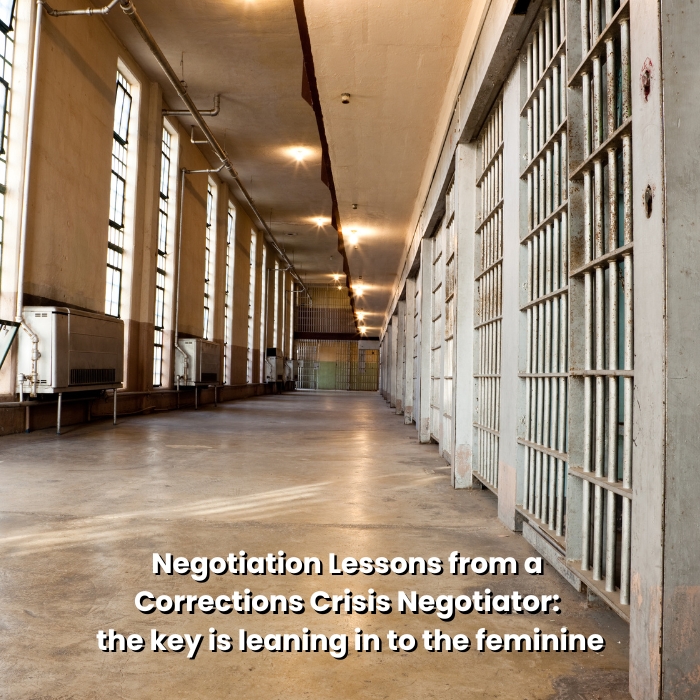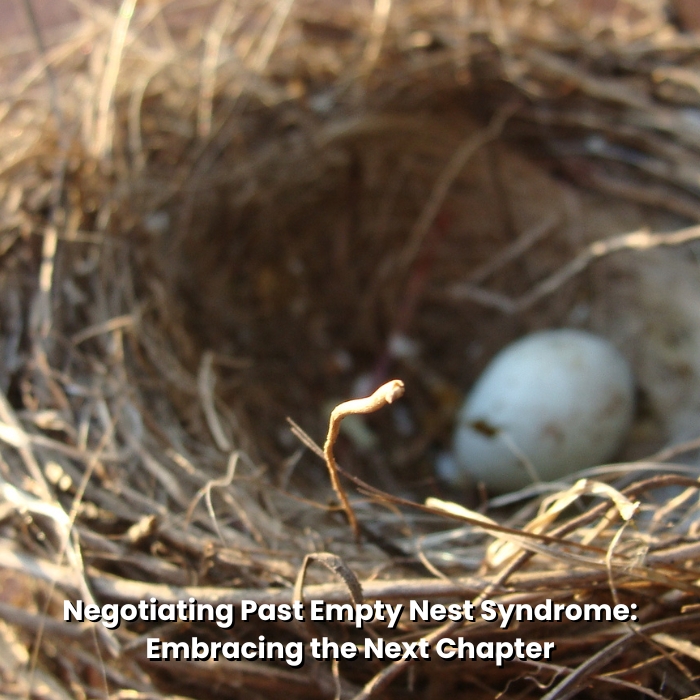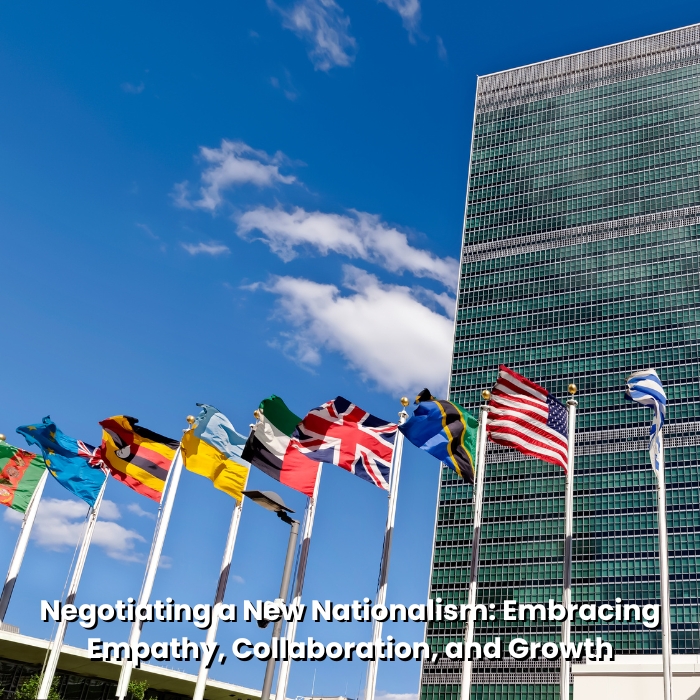
In the male-dominated world of corrections, where strength and authority are often the currencies of power, Jane Korosi’s story stands out as a testament to the power of feminine negotiation. I had the pleasure of interviewing Jane on my Art of Feminine Negotiation podcast. With experience in a maximum-security facility for male offenders, Jane’s journey is a masterclass in navigating tough environments with grace, resilience, and strategic thinking.
Breaking the Mold
Jane’s corrections career spanned roles on the frontline in every area, from admissions and discharge to segregation, dealing with offenders across all security levels. Her extensive experience in such a high-stakes environment honed her negotiation skills in ways few could imagine.
Jane didn’t just survive in this challenging environment—she thrived. Her ability to remain calm under pressure, combined with her strategic use of communication and empathy, allowed her to effectively manage situations many would find overwhelming. She demonstrates that being successful in male-dominated spaces doesn’t require adopting the aggressive tactics often associated with those environments. Instead, by leaning into her strengths as a woman—such as active listening, emotional intelligence, and adaptability—Jane carved out a unique and powerful path.
The Power of Crisis Negotiation
One of the most prestigious roles Jane held was as a crisis negotiator, which allowed her to use her unique skill set to de-escalate the most volatile situations in the correctional system. Being selected as a crisis negotiator marked her as someone who could handle extreme pressure while keeping a clear, focused mind.
In crisis situations, the stakes are incredibly high. The ability to communicate effectively, empathize with the other party, and find common ground can mean the difference between life and death. Jane’s approach to negotiation in these critical moments serves as an important reminder: sometimes, undervalued soft skills—like empathy, patience, and active listening—are the most powerful tools in our arsenal.
Tactical Empathy: Beyond Just Understanding
Empathy is not merely about understanding another person’s feelings; in negotiation, it’s about using that understanding to influence outcomes. Jane mastered this art in her role as crisis negotiator. By genuinely tuning into the emotions and motivations of those she negotiated with—whether an agitated inmate or a staff member under duress—she could craft responses that de-escalated tension and guided conversations towards productive resolutions.
Tactical empathy allowed Jane to negotiate from a place of strength without needing to exert dominance. This approach is particularly useful in environments where trust is low, and tensions high. Building rapport through empathy created a psychological edge, allowing Jane to steer negotiations in a favorable direction without resorting to force.
The Art of Listening: A Powerful Negotiation Tool
One of the cornerstones of Jane’s success was her ability to truly listen. This involves more than just hearing words; it’s about picking up on subtle cues, understanding what’s unsaid, and reading between the lines. This level of deep listening allows for anticipation of issues before they escalate and to address concerns in ways that felt personalized and thoughtful.
In negotiations, especially in high-stress environments like corrections, listening can be a game-changer. When people feel heard, they are more likely to open up and cooperate. Jane created space where even the most hardened individuals felt they had a voice. This led to negotiation breakthroughs that others might not have achieved.
The Role of Emotional Intelligence in Negotiation
Emotional intelligence (EQ) was another key element in Jane’s negotiation toolkit. In corrections, where emotions can run high and situations change rapidly, the ability to manage her own emotions and those of others was crucial. Jane’s high EQ allowed her to stay calm and composed, even in the face of provocation, which in turn helped defuse potentially explosive situations.
Jane’s approach to negotiation underscores the importance of self-awareness and emotional regulation. This level of emotional maturity not only earned respect from her peers but also enabled her to handle complex negotiations with finesse.
Lessons for Everyday Negotiations
While few of us will find ourselves in the exact circumstances Jane faced, her experience offers valuable lessons for negotiating in any environment.
- Strength in Empathy: In situations where brute force might seem like the answer, empathy can be the more effective tool. Understanding the other person’s perspective allows you to connect on a deeper level, facilitating smoother negotiations.
- Strategic Patience: In high-pressure scenarios, the instinct might be to act quickly. However, taking a moment to assess the situation, understand all the variables, and approach with a calm mind can lead to better outcomes.
- Communication is Key: Whether you’re in a boardroom or a crisis situation, clear and effective communication is crucial. It’s not just about what you say, but how you say it. Tone, body language, and timing all play vital roles in successful negotiations.
- Flexibility in Approach: Jane’s roles required her to adapt constantly—whether she was dealing with a high-security inmate or managing a critical incident. Flexibility in your approach can make you more effective in negotiations, allowing you to pivot as needed to achieve your goals.
- Listening as a Strategy: Deep listening is a powerful tool that can provide insights into the other party’s true motivations and concerns. By mastering the art of listening, you can create opportunities for mutual understanding and collaboration, leading to more successful outcomes.
- Emotional Intelligence: Managing your emotions and understanding those of others can significantly impact the direction and outcome of negotiations. Cultivating emotional intelligence allows you to navigate complex situations with grace and effectiveness.
Breaking Down Barriers
Jane’s career is a powerful example of how you can excel by leveraging your feminine strengths. Her success as a crisis negotiator is a reminder that leadership and negotiation don’t always have to follow traditional, ‘masculine’ norms. Instead, embracing empathy, patience, and strategic thinking can break down barriers and create pathways for success in even the most challenging of environments.









